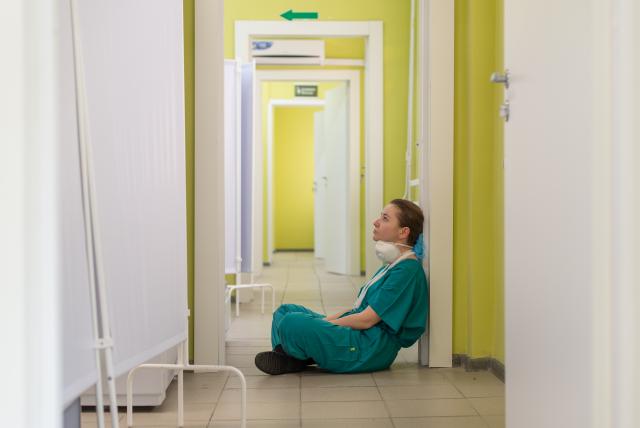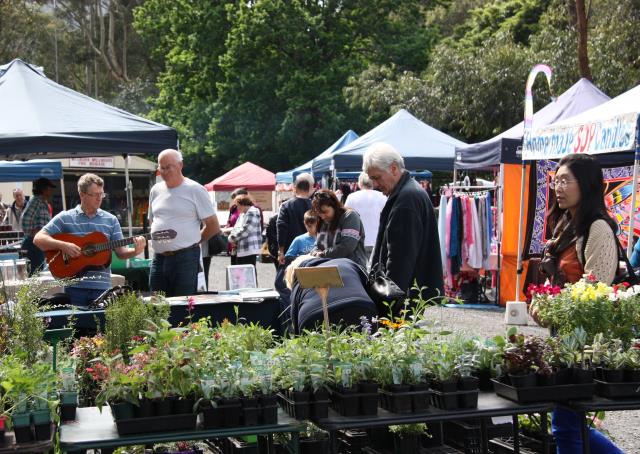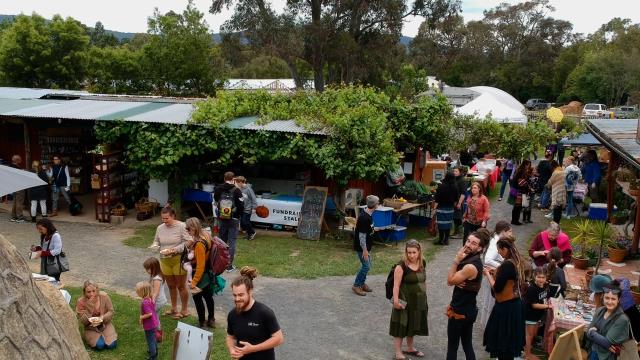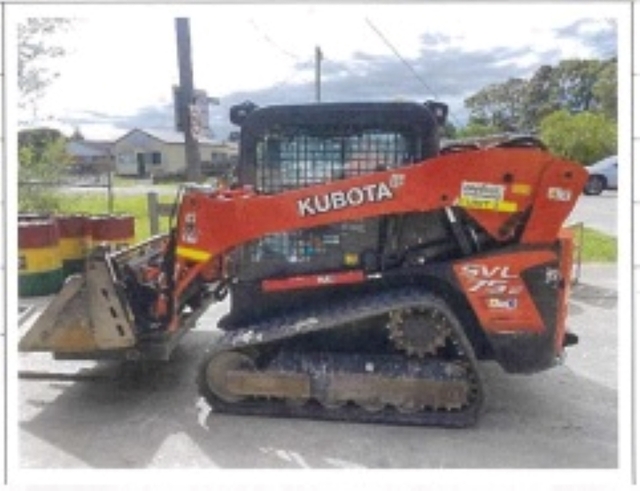Nursing and midwifery sector received a much needed boost towards training and expanding the nursing workforce in last week’s State Budget.
The entire healthcare sector will receive a $201 million boost in a number of initiatives for healthcare workers.
Health Minister Mary-Anne Thomas said the government was doing what matters.
“We’re building hospitals and recruiting thousands of healthcare workers – so Victorians can get the care they need, where and when they need it,” she said.
A welcome $37 million in sign‑on bonuses will also be available for new nursing graduates to encourage them to enter the public system.
The state government announced last year that future nurses and midwives undertaking an undergraduate degree in nursing and midwifery will study for free, providing they join a public health service upon completion and stay for two years, additionally, former nurses and midwives will be able to update their qualifications for free to re-enter to the workforce. and current enrolled nurses will be able to become registered nurses for free.
Mt Evelyn student registered nurse Chenaye has just started her nursing training at Swinburne and welcomed the news last year that the training would be free.
“I am really enjoying it and I’ve always wanted to be a nurse,” she said.
Nurses and Midwives are the largest health professional cohort in Australia and as of 2020, there were 350,000 registered with the Australian Health Practitioner Regulation Agency (AHPRA).
Chenaye said that her classmates were a mixed bunch and many of them were not just out of high school, but instead coming to the career in later years.
“A lot of people I’ve spoken to have said they’ve decided to do nursing because it’s free and obviously there will be more job opportunities,” she said.
Other welcome additions to the nursing workforce include $34 million to improve midwife-to-patient ratios on night shifts in maternity services to provide more skilled care.
Nursing is a highly diverse profession and Chenaye said she hasn’t ruled out midwifery as an option but wants to wait until she has done clinical placements to figure out what direction she will take.
$73 million has also been pledged towards putting more nursing staff in intensive care, high-dependency and coronary care units, which would in turn improve the skill sets of critical care staff in hospitals.
Other benefits will include $6.1 million to employ an additional 30 nurses to provide residential in‑reach services for older Victorians and $4 million to create centralised portals for education and employment checks.
The state government’s investment in its nursing and midwifery workforce will hopefully yield results and provide a secure environment for graduates and established workers to learn and thrive.
Chenaye said it is nice that the profession has been recognised and looks forward to working in the sector.
“I think they probably should have done it earlier but with Covid, I think it opened everyone’s eyes up as to how important nurses are and I think that is a really good thing,” she said.







